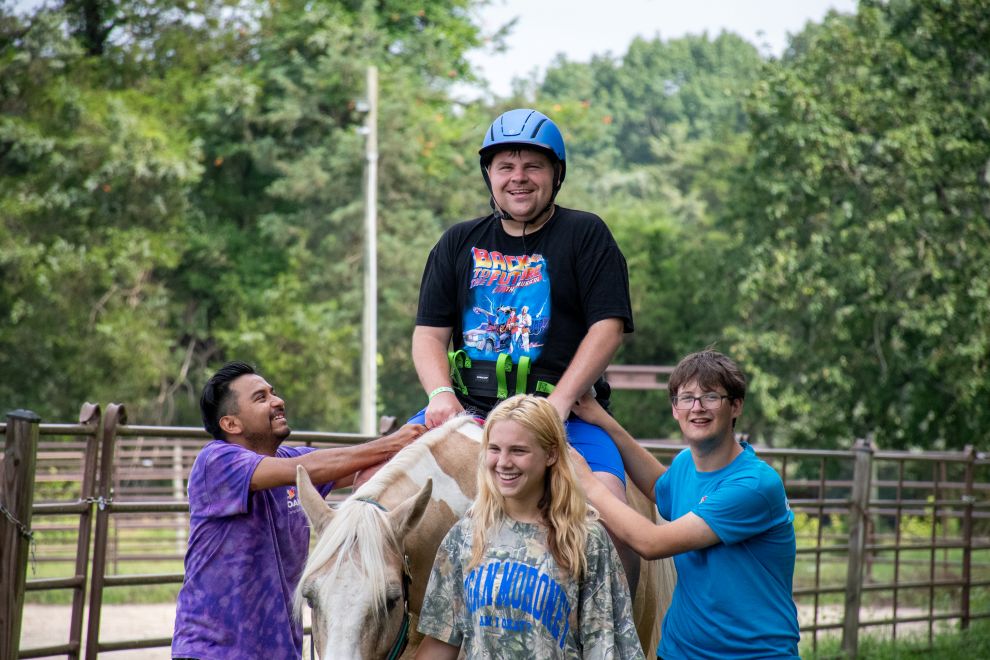There are many debates about the best ways to educate our children. But here is one certainty: Learning starts long before kindergarten. Quality early care and education have a major and lasting impact on a child’s overall development and increase their chances of success in the classroom and in life.
The benefits of quality early childhood interactions are particularly important during the critical transition to kindergarten, a crucial milestone that lays the foundation for future academic and social success. It should not be underestimated.
Kindergarten readiness refers to a child’s preparedness to engage in formal schooling activities. While academic skills like knowing letters, colors, and numbers are essential, kindergarten readiness encompasses a broad range of developmental domains, including cognitive, social, emotional, and physical elements. A child who is ready for kindergarten is more likely to thrive academically, socially, and emotionally.
Cognitive readiness involves basic literacy and numeracy, but also goes beyond basic academics, to include critical thinking, creativity, and problem-solving. A solid cognitive foundation will help children navigate academic challenges ahead as they advance through elementary school.
In addition to cognitive readiness, social and emotional readiness are equally important. Children need opportunities to develop social skills. By learning to share, take turns, and interact with others, kids are taking important developmental steps. And when children learn how to regulate their emotions, manage frustrations, and adapt to new situations, they are better prepared to thrive in the classroom.
What about physical readiness? For some, it may seem to come naturally, but over time, more intricate motor skills – coloring with crayons, using scissors, and writing, for example – come with practice.
Early Education in Richmond
There are many ways to help young children prepare for kindergarten. But as a priority, it largely involves three key elements: family engagement, quality early care and education, and safe homes.
Unfortunately, those foundational building blocks remain elusive for many children in our region, and as a result, they are not prepared to succeed when they start kindergarten. Here is the hard reality: in Greater Richmond, one in five students begins kindergarten without the skills necessary to learn and thrive in elementary school.
Most students who begin kindergarten without the necessary skills will struggle throughout their academic journey to read on grade-level and to engage in school with confidence. These students are less likely to graduate from high school on time.
What Families Can Do
The good news is parents and caregivers can prepare children for kindergarten success and lifelong learning. Here are some strategies to promote kindergarten readiness with your own kids at home:
- Encourage early activities such as reading, singing, and counting every day.
- Foster social skills through story times, playdates, group activities, and cooperative games.
- Establish routines and rituals to promote structure in a child’s daily life.
- Support emotional development by validating feelings, teaching coping strategies, and modeling positive behaviors.
As parents, caregivers, educators, and community members, we all play a role in laying the foundation for the success of the coming generation.
If your child will be five years old on or before September 30, you should register them now so schools can prepare for the maximum number of students. Timely registration ensures that children have access to educational resources and support from the start of their schooling journey. It allows schools to plan effectively, allocate resources appropriately, and create a conducive learning environment for incoming students. Look for more information about registration on your county or district’s website.
Registering for kindergarten and ensuring kindergarten readiness are essential steps in preparing children for academic success and lifelong learning. When communities prioritize early education, children are empowered to reach their full potential and thrive in school and life.





